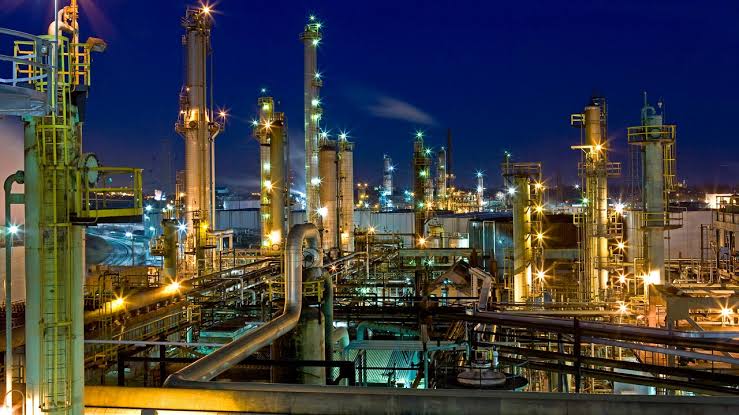SUNNY CHUBA NWACHUKWU
Nigeria, rated the largest economy in Africa, needs to maintain the status if it aspires to be a global champion within Africa. It will have to do this by applying innovative strategies economically, which have to be pursued by applying all efforts and economic tools in developing the energy sector under the current global scheme of energy transition from fossil fuels to renewable energies.
The Nigerian energy sector, in the overall management of the country’s economy, requires a comprehensive strategic plan that allows for exploiting its low hanging fruit that the Petroleum Industries Act (PIA) affords, capitalizing on the opportunities it offers for synergy between the nation’s oil and gas industry and the manufacturing sector value chain, for power generation, transmission and distribution (for example). This can be done through a process that allows the development of a full blown, long term renewable energy development programme, that can eventually manifest in productivity for the Nigerian state.

The available stock of natural gas reserves, which is an unutilized huge deposit sequestered as the nation’s capital stock for the energy sector, is heartwarming and at the same time gives hope for the future that appears very bright for the economy, if eventually utilized successfully. The process should target optimizing the energy mix, driven by the dual goals, to deliver on the energy needs of today in utilizing the natural gas for value addition along its value chain; while the industry managers continue to strive under the ongoing global energy transition programmes to invest in the renewable energy systems of tomorrow. This will be to address the feared future energy security challenges of the economy; with the innovative energy solutions to be achieved by giving creative ideas, and through de-carbonization that should be reasonably compliant with the Climate Change resolutions.
A gas value chain industrialization, under an “import substitution” economic policy, as a productive reform to automatically reverse the present endemic impact from massive importation of finished or processed energy products, is the strategic macroeconomic activity that the Nigerian economy desperately needs at present. To a great extent, this can reshape and completely redirect the trend in the domestic gas supply chain services in the economy. The massive importation of LPG (cooking gas) should be completely halted and reversed through internal sourcing and supplies. The compressed natural gas (CNG) component, which is also refined from its associated gas in the course of LPG production along the harvested natural gas value chain, is also used for electricity generation. These value additions are basically achievable by further establishing full blown, business minded operations in petrochemical processing plants (not just for the plastic resins, like the familiar LDPE and HDPE) but, for other organic industrial solvents that are vital industrial raw materials, and numerous other polymer products (although these raw materials are produced through some complex chemical reaction processes). These petrochemicals productions massively utilize the single carbon atom alkane compound that is readily available, called methane gas, which is a saturated hydrocarbon (in the family of paraffin). This feedstock is generally used as a universal substrate in the general syntheses for commercial productions of the numerous organic and industrial chemicals, utilized in virtually all known economic sectors of manufacturing, for economic benefits. These needed productive reforms, under a backward integration economic strategy, and the much talked about policy of import substitution, from massive importations of ‘anything’ you can think of, in all the existing economic sectors in the country; ultimately re-write the much desired, productivity narrative with its positive effects visibly manifesting on the gross domestic products (GDP) growth in the economy.
The obvious adverse impact and economic burdens (economic stagnation and economic strangulation) on a “consuming nation” that wholly imports processed fossil energy products, along with other commodities or general goods that ought to have been locally produced within the nation’s real sector, had the locally sourced petrochemicals feedstock been readily available for usage, is significantly checked by a turnaround impressive, positive profile for the economy. once the much talked about, and the addressed national challenge (distressed economy that always points to recession, due to the overbearing massive imports of all sorts, as “a consuming nation”) is effectively checkmated by drastically reducing the import element in the GDP equation of the national economic efficiency (particularly, with reference to the oil and gas industry, assuming all the other non-oil sectors like agricultural, tourism, transport and other sectors are not considered yet.
That singular act will reposition the economic status of the nation from a consuming profile, by a paradigm shift, to a productive economy. Under this , emerged the total sum of the other gross domestic elements (Consumer Expenditure, Investment, Government Expenditure) shall overwhelm the only negative element (which is Imports) on the GDP equation; and effectively position the nation as a “productive economy”, and not a mere “consuming nation”.







